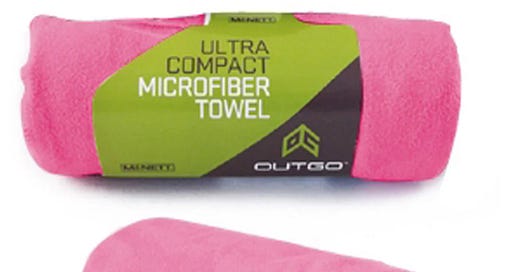When it comes to marketing, health and sustainability are hot buttons. However, a recent study by NCSolutions reveals that consumers are savvier than ever. They want brands to walk the walk, not just talk the talk.
Over half (55%) of Americans are likelier to try a product that aligns with their values, but nearly as many (47%) will abandon a brand whose claims seem disingenuous.
This presents an opportunity for businesses genuinely committed to these principles. Here are some tips to ensure your health and sustainability claims resonate with customers:
1. Actions Speak Louder Than Words: Don't just say you're "green" or "healthy." Highlight the concrete steps your brand is taking to back it up. Do you use recycled materials in your packaging? Partner with environmental organizations? Let customers know!
2. Data is Your Friend: Don't just say your product is healthy – prove it. Clinical trials, certifications, and partnerships with health organizations add weight to your claims.
3. Transparency is Key: Be upfront about your limitations. If you're imperfect, acknowledge it and communicate your ongoing improvement efforts. Consumers appreciate honesty and a commitment to progress.
The Pink Towel Test
Take the car wash industry, for example. Yesterday, I was at a car wash and noticed a pink towel in the color of the breast cancer awareness movement with the breast cancer awareness ribbon. I couldn't help but wonder if they donate any money to breast cancer awareness if they had a family member with breast cancer, if they benefit financially significantly because people either want to support or advocate for breast cancer awareness, and if the message and the product performative or doing anything for anyone?
This is precisely the kind of scenario that can raise red flags for consumers. A pink towel might seem harmless to show support, but without any context or action behind it, it comes across as performative.
Here are some additional tips:
Avoid Vague Buzzwords: Words like "all-natural" and "sustainable" have become meaningless without context. Be specific about what makes your product healthy or sustainable.
Focus on the Customer: Frame your message around how your efforts benefit the customer, not just the environment or your bottom line.
Be Consistent: Integrate your values into everything you do, from marketing materials to customer service interactions.
By following these tips, you can ensure your health and sustainability claims are performative and genuinely reflect the values that drive your brand. This will build customer trust, cultivate loyalty, and drive long-term success. Remember, the future of marketing is about connecting with consumers on a deeper level. By genuinely embracing your values, you can create a brand that people can believe in.





Really valuable post. Thank you!! -Leah Graves. www.agilebrain.com